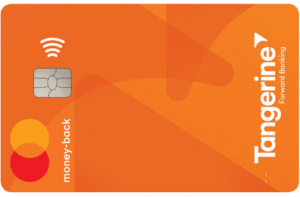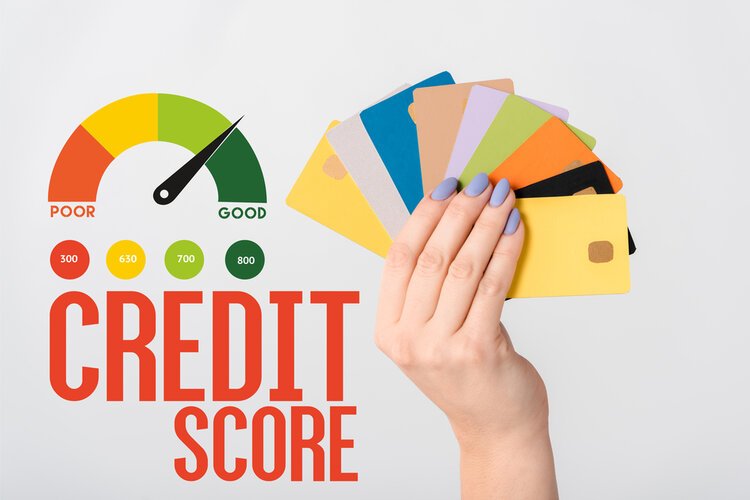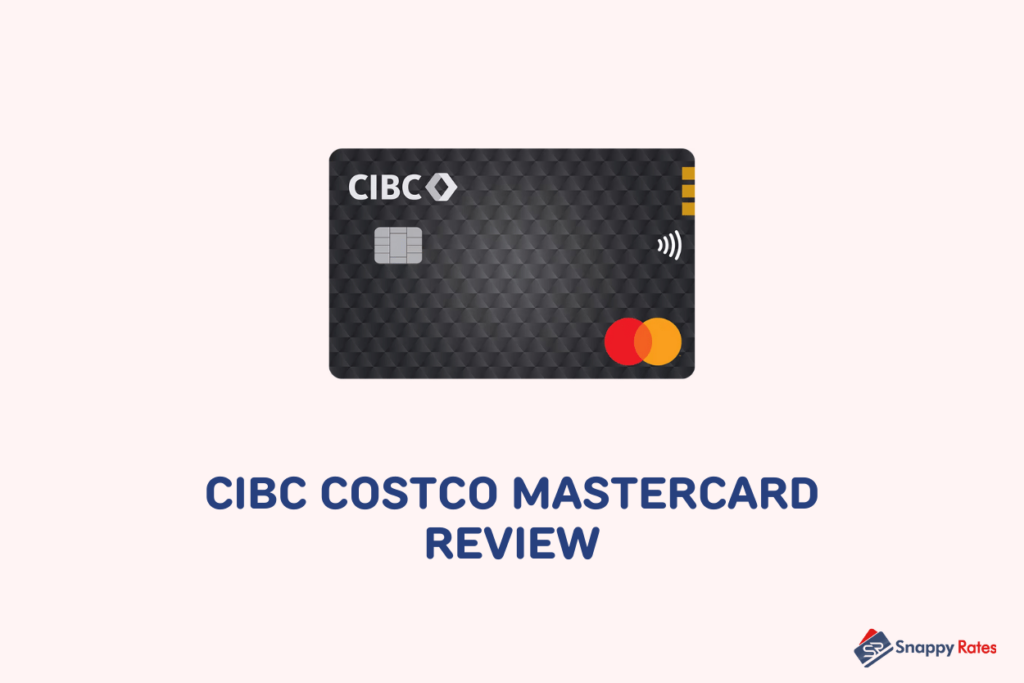Want to increase your credit score this year and improve your financial situation?
The 10 strategies in this post can help you improve your credit score by 100 to 200 points within months!
A credit score is a 3-digit number that is derived from the information contained in your credit report by credit bureaus.
Credit scores are utilized by lenders to assess the creditworthiness of a borrower, i.e. the probability that a borrower will default on a loan.
The two major credit bureaus in Canada use a score range from 300 to 900. In general, credit scores are ranked as follows:
760 – 900: Excellent
725 – 759: Very Good
660 – 724: Good
560 – 659: Fair
300 – 559: Poor
How To Raise Your Credit Score Fast in Canada
A high (very good to excellent) credit score will help you qualify for competitive interest rates and terms because lenders view you as a lower credit risk.
A lower interest rate results in fee savings over time, which is why having a good score is important.
1. Fix Errors on your Credit Report
Check your credit report for errors at least once a year. You are entitled to one free annual credit report from each credit bureau in Canada (Equifax and TransUnion).
Common errors that impact your credit score negatively include late or missed payments that were not actually late/missed, unauthorized hard inquiries, new credit created through identity theft, incorrect credit limits, etc.
If you observe any inaccuracies, contact the credit bureau and request that they rectify the issue.
Related: A Guide To Canadian Credit Scores.
2. Pay your Bills on Time
One basic rule for building good credit is to pay your bills on time, all of the time. This rule applies to credit cards, personal loans, car loans, utilities, etc.
One late payment or delinquency can severely impact your credit score.
Note that not all bills are created equal. A default on a mortgage or credit payment will likely impact your score more than a missed payment on your cell phone bill.
It is easy to forget when a bill is due – one way to avoid this is to set up automated withdrawals from your chequing account.
3. Pay down your Credit Card
Pay off your credit card balance on time. This is not too much to ask, right? However, you may be reading this article because this is not as easy as it sounds.
If you cannot clear your credit card balance within the grace period, consider reducing the amount you owe at the very least.
Credit utilization ratio refers to the amount of your credit card balance in relation to your credit limit.
It is best to keep your credit utilization ratio to no more than 30% of your credit limit. The lower, the better. If you are maxing out your credit card limits, it will hurt your credit score.
4. Increase your Credit Limit
One easy way to decrease your credit utilization ratio is to increase your credit limit. If you spend $2,000 on a $3,000 limit credit card, your credit utilization ratio is a whopping 67%.
However, the same $2000 balance on a credit card with a limit of $10,000 will result in a credit utilization ratio of only 20%.
When requesting a credit limit increase, confirm with the credit card issuer that the increase will not require a “hard inquiry” as this could further worsen your credit score.
5. Get a New Credit Card
This is a tricky one; however, obtaining an additional credit card may actually boost your credit scores in the long run.
If you are disciplined in your use of credit, an additional credit card will increase your overall credit limit while lowering your credit utilization ratio.
Opening multiple accounts at once is not good for your credit score. Avoid cards with annual fees, if possible.
6. Get a Secured Credit Card
New immigrants, students, or those with “no” or “bad” credit history may find it difficult to get approved for a traditional credit card. You can start building a credit history by applying for a secured credit card.
A “secured” credit card is one where you are required to put down a security deposit before the card is issued.
This deposit acts as protection for the bank and will earn you some interest while it sits in a savings or GIC account at the bank.
Using a secured credit card, you can build a credit rating like other credit card users.
Related: How To Check Your Free Credit Score.
7. Do Not Close Old Credit Card Accounts
Closing a credit card account will not do anything to improve your credit score.
Keeping it active may boost your credit score by increasing your overall credit limit and lowering your credit utilization ratio.
If it is a card you have managed well over time, lenders may view your established good history as evidence of being responsible with credit.
If you feel the need to reduce the number of plastic in your wallet, consider cutting one of your more recent cards.
8. Limit Loan Shopping to a 2 Week Period
If shopping around for a car loan or mortgage, try and limit your credit applications to a 2-week period.
A cluster of inquiries made around the same period will usually be considered as a single hard inquiry, limiting the negative impact on your credit score.
9. Diversify your Credit
Having a good mix of credit types (credit cards, personal loans, car loans, a home equity line of credit, etc.) that are in good standing will improve your credit score.
According to TransUnion, “a healthy credit profile has a balanced mix of credit card accounts and loans.”
10. Transfer your Balance
If you have significant credit card debt, consider transferring your balance to a new “balance transfer” credit card. Credit card issuers often promote these types of cards at 0% APR for a period.
This approach may impact your score negatively in the short term. However, in the long run, it will help you because:
- You can pay down the balance with little or no additional interest, and
- Your overall credit limit increases while credit utilization decreases.
Final Thoughts
If you wanted to access your credit score in the past, you had to pay $20 or more to the credit bureaus. However, these days, you can check your credit score for free.
You can now obtain your free credit score and credit report from third-party companies, including Borrowell, Credit Karma, and Mogo.
If you need to boost your credit scores, these tips should help you right the ship and improve your scores.
When you continue to develop good financial habits, your credit score will keep improving until you get into the excellent credit score range of 800 and more.
If you already have excellent scores, keep it up and remember to pay your bills on time, all of the time.
Related:








